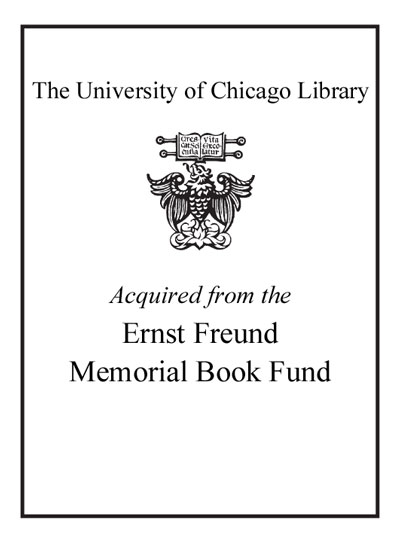Review by Choice Review
Dowd and Jacobs (both at Florida Levin College of Law) edited 46 articles, nearly all from law journals, and organized them here under four topics: theory and methods, work, children and health, and violence. The articles are linked by a commitment to employ a feminist theory sensitive to the intersections of race, class, and gender. The authors include new voices as well as the usual suspects such as Patricia Cain, Mari Matsuda, Sylvia Law, Angela Harris, and Martha Minow. But also revealing is the absence of such trailblazers as Catherine MacKinnon and Robin West. This, along with the book's subtitle, highlight an ongoing dispute among feminists over whether gender can be considered without attention to differences that emerge from race, class, or sexual orientation. The position here is that it cannot, explaining the exclusion of those branded as guilty of having done so. That there are significant differences among women that must be reflected in feminist legal theory is powerfully documented here. Yet, unlike Leslie Bender and Daan Braveman's Power, Privilege and Law: A Civil Rights Reader (1994), this volume does not instruct how to move feminist theory beyond particularized knowledge, how to build bridges between antiessentialists and others, and who besides law professors are engaged in this debate. ^BSumming Up: Recommended. All academic collections. S. Behuniak Le Moyne College
Copyright American Library Association, used with permission.
Review by Choice Review

